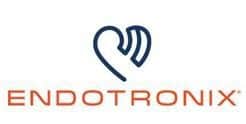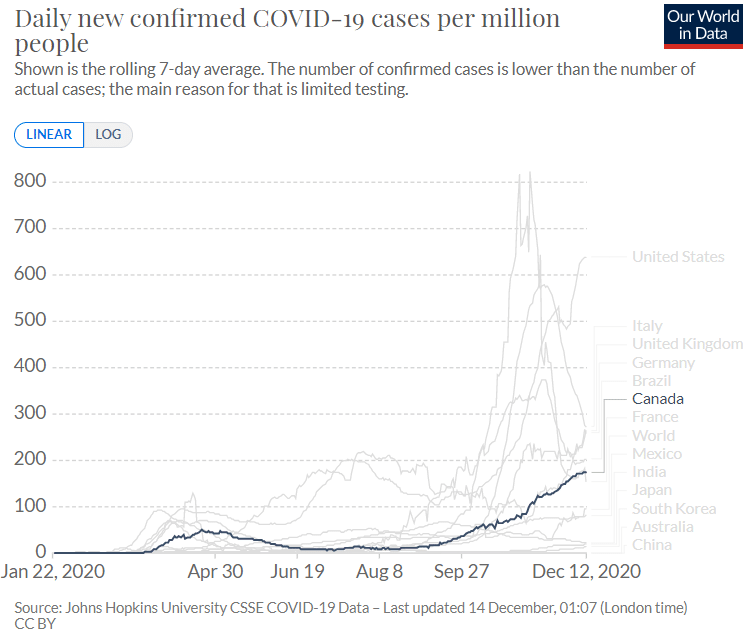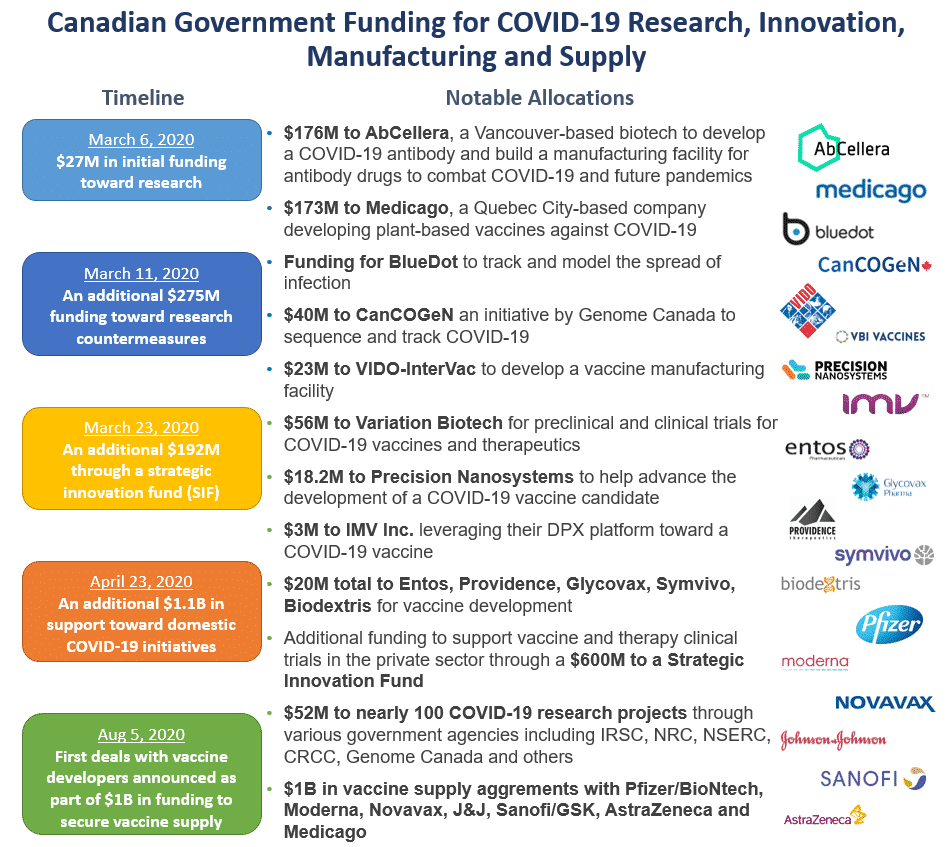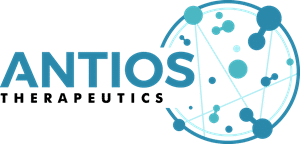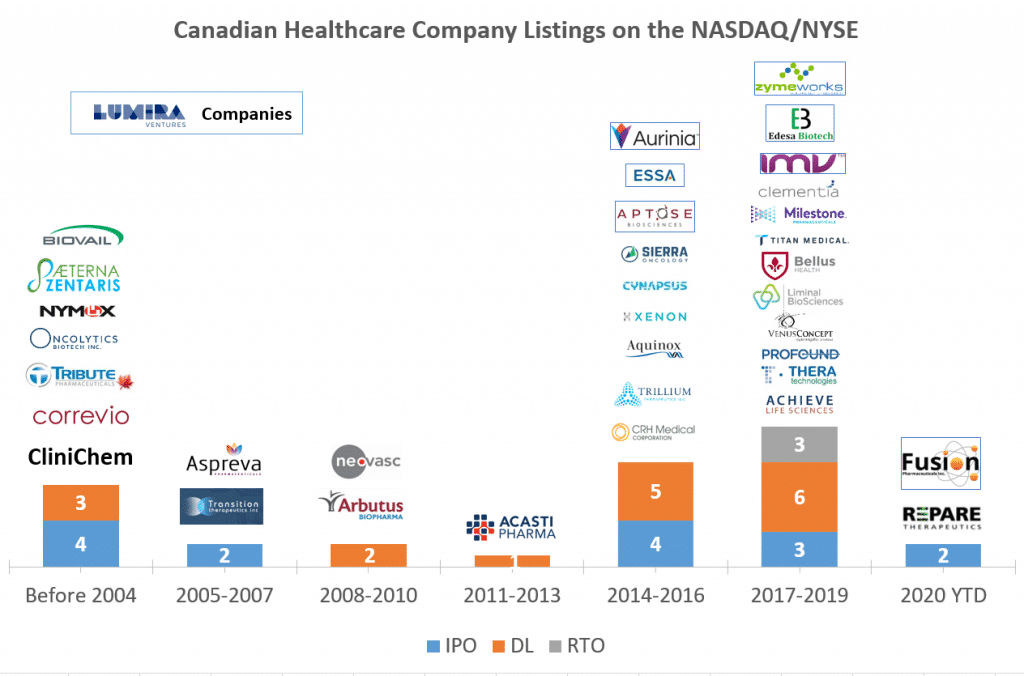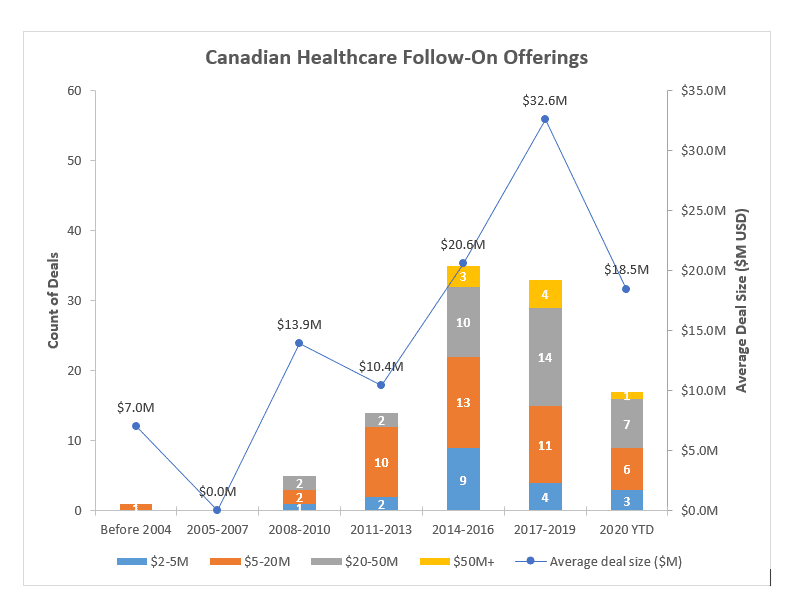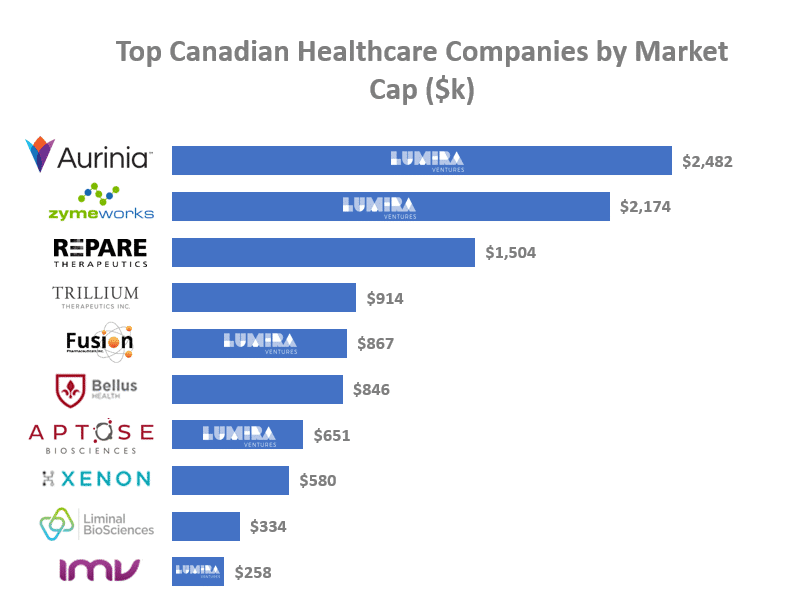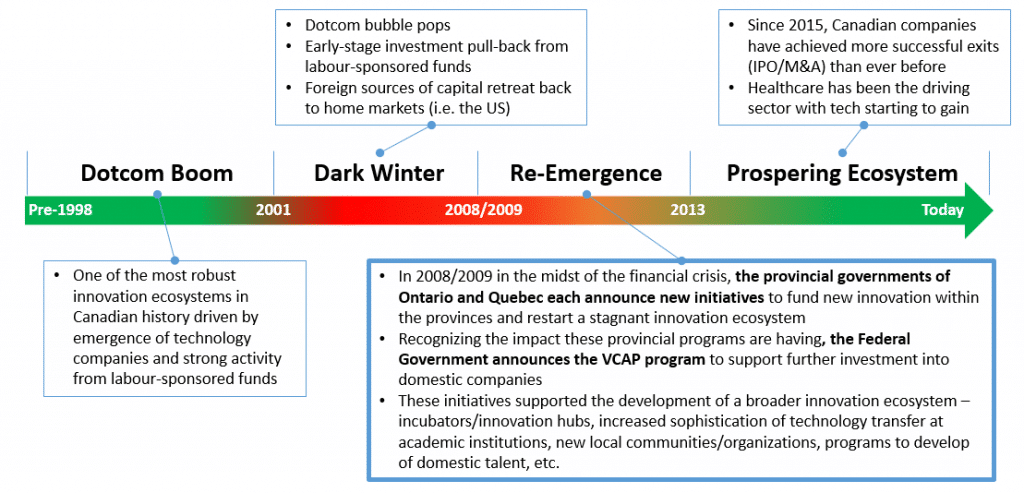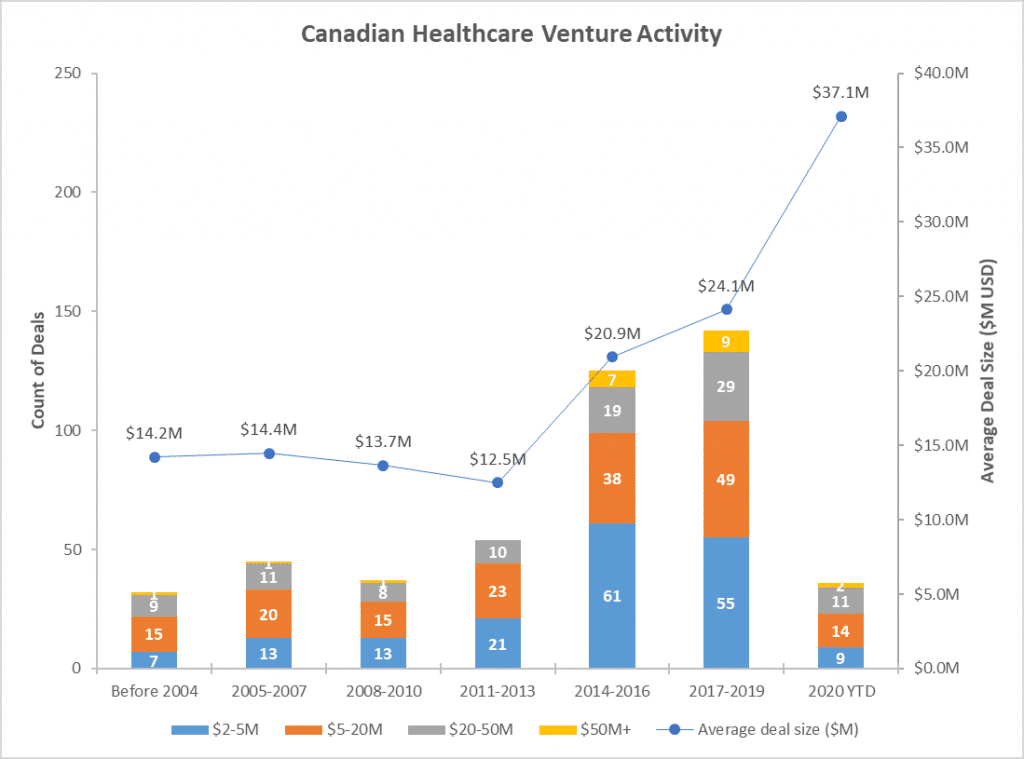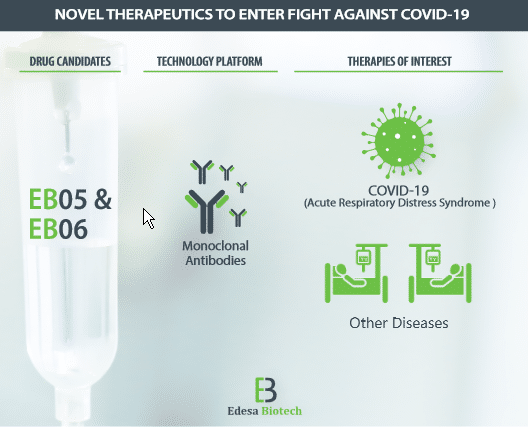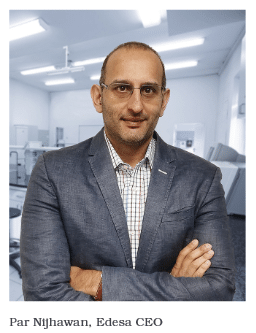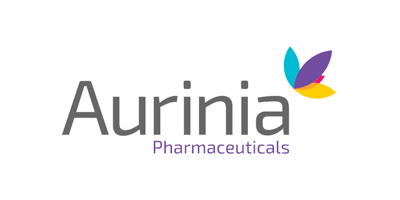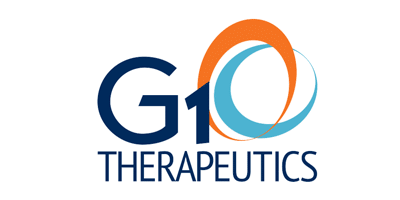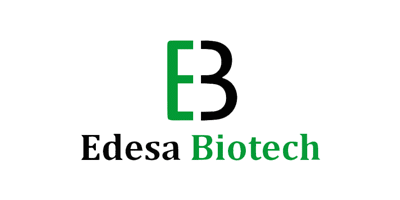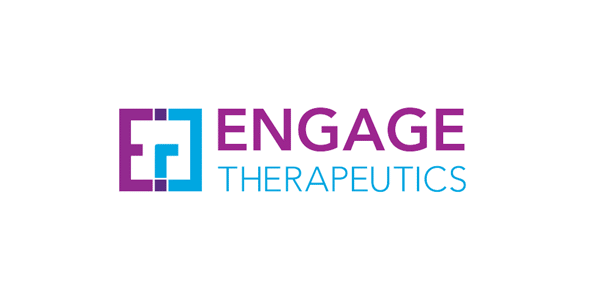Launch of Innovative Therapy for People Living with Extensive-Stage Small Cell Lung Cancer is Supported by the G1 to One™ Patient Support Program, the Single Source for COSELA Access Solutions
RESEARCH TRIANGLE PARK, N.C. and RIDGEFIELD, Conn., March 02, 2021 (GLOBE NEWSWIRE) — G1 Therapeutics, Inc. (Nasdaq: GTHX) and Boehringer Ingelheim today announced that COSELA™ (trilaciclib) for injection is now available in the U.S. On February 12, 2021, the U.S. Food and Drug Administration (FDA) approved COSELA to decrease the incidence of chemotherapy-induced myelosuppression in adult patients when administered prior to a platinum/etoposide-containing regimen or topotecan-containing regimen for extensive-stage small cell lung cancer (ES-SCLC). It is the first and only therapy designed to help protect bone marrow (myeloprotection) when administered prior to treatment with chemotherapy.
“This is an exciting time for the combined G1 and Boehringer Ingelheim team as we are now able to provide COSELA, the first proactive multilineage myeloprotection therapy, to patients with extensive-stage small cell lung cancer,” said Soma Gupta, Chief Commercial Officer at G1 Therapeutics. “Our commitment includes ensuring excellence in support and access to COSELA; to that end, we are excited to launch the G1 to One Patient Support Program which is designed to provide access and affordability solutions to eligible patients.”
“We are proud to help bring COSELA to the physicians and their patients who are in need of options when it comes to managing ES-SCLC treatment,” said Dan Asch, Head of Commercial Oncology at Boehringer Ingelheim Pharmaceuticals, Inc. “G1’s experienced and passionate commercial and medical teams along with Boehringer Ingelheim’s seasoned oncology team are eager to engage with the community to communicate the clinical benefits of this innovative therapy.”
“Because ES-SCLC cannot be cured, the goals of treatment are increased life expectancy and improved quality of life; most patients prioritize quality of life, but clinicians have very few tools to do this,” said Jared Weiss, MD, Associate Professor of Medicine, Division of Oncology, Lineberger Comprehensive Cancer Center at the University of North Carolina Chapel Hill, NC. “Chemotherapy can result in potentially debilitating side effects, many of which are hematologically driven, such as severe low white blood cell counts (neutropenia) and anemia, which can cause fatigue. Doctors accept these side effects because we lack tools to help prevent them. COSELA (trilaciclib) provides the first proactive approach to help protect against myelosuppression through a unique mechanism of action that helps proactively protect the bone marrow from damage when given prior to chemotherapy.”
Chemotherapy is an effective and important weapon against cancer. However, chemotherapy does not differentiate between healthy cells and cancer cells. It kills both, including important hematopoietic stem and progenitor cells (HSPCs) in the bone marrow that produce white blood cells (immune cells that help fight infection), red blood cells (cells that carry oxygen from the lungs to the tissues), and platelets (cells that prevent bleeding from cancer, surgeries, chronic diseases, and injuries). Chemotherapy-induced bone marrow damage, known as myelosuppression, can lead to increased risk of infection, anemia, thrombocytopenia, and other complications. Myeloprotection is a novel approach to protect HSPCs in the bone marrow from chemotherapy-induced damage. This approach can help reduce some chemotherapy-related toxicities, which helps make chemotherapy safer and more tolerable, while also reducing the need for reactive rescue interventions.
COSELA is available through the following specialty distributors: Amerisource Specialty Distribution, Oncology Supply, McKesson Plasma and Biologics, McKesson Specialty and Cardinal Specialty. COSELA is expected to be widely covered by insurance plans.
The G1 to One™ Patient Support Program offers a suite of solutions to address common access and reimbursement challenges, such as benefits verification for patient coverage and out-of-pocket costs. The program provides payor-specific guidance for prior authorizations and appeals to address patient needs; offering solutions for insurance-related delays and connecting patients, regardless of insurance type, to appropriate resources that can address high deductibles, co-pays/co-insurance, or lack of coverage when certain eligibility requirements are met. For more information, patients and providers can call G1 to One at 833-G1toONE (833-418-6663) from 8:00 AM to 8:00 PM Eastern time.
About COSELA™ (trilaciclib)
COSELA™ (trilaciclib) is the first and only myeloprotection therapy to help decrease the incidence of chemotherapy-induced myelosuppression. Administered intravenously as a 30-minute infusion within four hours prior to the start of chemotherapy, COSELA helps proactively deliver multilineage myeloprotection to patients with extensive-stage small cell lung cancer (ES-SCLC) being treated with chemotherapy. COSELA is indicated to decrease the incidence of chemotherapy-induced myelosuppression in adult patients when administered prior to a platinum/etoposide-containing regimen or topotecan-containing regimen for ES-SCLC.
For more information about COSELA visit www.cosela.com.
COSELA (trilaciclib) Co-Promotion Agreement with Boehringer Ingelheim
In June 2020, G1 announced a three-year co-promotion agreement with Boehringer Ingelheim for COSELA in small cell lung cancer in the U.S. and Puerto Rico. G1 will lead marketing, market access and medical engagement initiatives for COSELA. The Boehringer Ingelheim oncology commercial team, well-established in lung cancer, will lead sales force engagement initiatives. G1 will book revenue and retain development and commercialization rights to COSELA and pay Boehringer Ingelheim a promotional fee based on net sales. The three-year agreement does not extend to additional indications that G1 is evaluating for trilaciclib. Press release details of the G1/Boehringer Ingelheim agreement can be found here.
About Small Cell Lung Cancer
In the U.S., approximately 30,000 small cell lung cancer patients are treated annually. SCLC, one of the two main types of lung cancer, accounts for about 10% to 15% of all lung cancers. SCLC is an aggressive disease and tends to grow and spread faster than NSCLC. It is usually asymptomatic; once symptoms do appear, it often indicates that the cancer has spread to other parts of the body. About 70% of people with SCLC will have cancer that has metastasized at the time they are diagnosed. The severity of symptoms usually increases with increased cancer growth and spread. From the time of diagnosis, the general five-year survival rate for people with SCLC is 6%. The five-year survival rates for limited-stage (the cancer is confined to one side of the chest) SCLC is 12% to 15%; and for extensive stage (ES; cancer has spread to the other lung and beyond), survival rates are less than 2%. Chemotherapy is the most common treatment for ES-SCLC.
COSELA™ (trilaciclib) for Injection
INDICATION
COSELA is indicated to decrease the incidence of chemotherapy-induced myelosuppression in adult patients when administered prior to a platinum/etoposide-containing regimen or topotecan-containing regimen for extensive-stage small cell lung cancer (ES-SCLC).
IMPORTANT SAFETY INFORMATION
CONTRAINDICATION
- COSELA is contraindicated in patients with a history of serious hypersensitivity reactions to trilaciclib.
WARNINGS AND PRECAUTIONS
Injection-Site Reactions, Including Phlebitis and Thrombophlebitis
- COSELA administration can cause injection-site reactions, including phlebitis and thrombophlebitis, which occurred in 56 (21%) of 272 patients receiving COSELA in clinical trials, including Grade 2 (10%) and Grade 3 (0.4%) adverse reactions. Monitor patients for signs and symptoms of injection-site reactions, including infusion-site pain and erythema during infusion. For mild (Grade 1) to moderate (Grade 2) injection-site reactions, flush line/cannula with at least 20 mL of sterile 0.9% Sodium Chloride Injection, USP or 5% Dextrose Injection, USP after end of infusion. For severe (Grade 3) or life-threatening (Grade 4) injection-site reactions, stop infusion and permanently discontinue COSELA. Injection-site reactions led to discontinuation of treatment in 3 (1%) of the 272 patients.
Acute Drug Hypersensitivity Reactions
- COSELA administration can cause acute drug hypersensitivity reactions, which occurred in 16 (6%) of 272 patients receiving COSELA in clinical trials, including Grade 2 reactions (2%). Monitor patients for signs and symptoms of acute drug hypersensitivity reactions. For moderate (Grade 2) acute drug hypersensitivity reactions, stop infusion and hold COSELA until the adverse reaction recovers to Grade ≤1. For severe (Grade 3) or life-threatening (Grade 4) acute drug hypersensitivity reactions, stop infusion and permanently discontinue COSELA.
Interstitial Lung Disease/Pneumonitis
- Severe, life-threatening, or fatal interstitial lung disease (ILD) and/or pneumonitis can occur in patients treated with cyclin-dependent kinases (CDK)4/6 inhibitors, including COSELA, with which it occurred in 1 (0.4%) of 272 patients receiving COSELA in clinical trials. Monitor patients for pulmonary symptoms of ILD/pneumonitis. For recurrent moderate (Grade 2) ILD/pneumonitis, and severe (Grade 3) or life-threatening (Grade 4) ILD/pneumonitis, permanently discontinue COSELA.
Embryo-Fetal Toxicity
- Based on its mechanism of action, COSELA can cause fetal harm when administered to a pregnant woman. Females of reproductive potential should use an effective method of contraception during treatment with COSELA and for at least 3 weeks after the final dose.
ADVERSE REACTIONS
- Serious adverse reactions occurred in 30% of patients receiving COSELA. Serious adverse reactions reported in >3% of patients who received COSELA included respiratory failure, hemorrhage, and thrombosis.
- Fatal adverse reactions were observed in 5% of patients receiving COSELA. Fatal adverse reactions for patients receiving COSELA included pneumonia (2%), respiratory failure (2%), acute respiratory failure (<1%), hemoptysis (<1%), and cerebrovascular accident (<1%).
- Permanent discontinuation due to an adverse reaction occurred in 9% of patients who received COSELA. Adverse reactions leading to permanent discontinuation of any study treatment for patients receiving COSELA included pneumonia (2%), asthenia (2%), injection-site reaction, thrombocytopenia, cerebrovascular accident, ischemic stroke, infusion-related reaction, respiratory failure, and myositis (<1% each).
- Infusion interruptions due to an adverse reaction occurred in 4.1% of patients who received COSELA.
- The most common adverse reactions (≥10%) were fatigue, hypocalcemia, hypokalemia, hypophosphatemia, aspartate aminotransferase increased, headache, and pneumonia.
DRUG INTERACTIONS
- COSELA is an inhibitor of OCT2, MATE1, and MATE-2K. Co-administration of COSELA may increase the concentration or net accumulation of OCT2, MATE1, and MATE-2K substrates in the kidney (e.g., dofetilide, dalfampridine, and cisplatin).
To report suspected adverse reactions, contact G1 Therapeutics at 1-800-790-G1TX or FDA at 1-800-FDA-1088 or www.fda.gov/medwatch.
Please see full Prescribing Information here.
For more information about COSELA, please call 1-800-790-G1TX (1-800-790-4189) or visit www.cosela.com.
About G1 Therapeutics
G1 Therapeutics, Inc. is a commercial-stage biopharmaceutical company focused on the discovery, development and delivery of next generation therapies that improve the lives of those affected by cancer, including the Company’s first commercial product, COSELA™ (trilaciclib). G1 has a deep clinical pipeline evaluating targeted cancer therapies in a variety of solid tumors, including colorectal, breast, lung, and bladder cancers. G1 Therapeutics is based in Research Triangle Park, N.C. For additional information, please visit www.g1therapeutics.com and follow us on Twitter @G1Therapeutics.
G1 Therapeutics™ and the G1 Therapeutics logo, COSELA™ and the COSELA logo, G1 to One™ and the G1 to One logo are trademarks of G1 Therapeutics, Inc.
About Boehringer Ingelheim in Oncology
Cancer takes. Takes away time. Takes away loved ones. At Boehringer Ingelheim Oncology, we are giving patients new hope, by taking cancer on. We are dedicated to collaborating with the oncology community on a shared journey to deliver leading science. Our primary focus is in lung and gastrointestinal cancers, with the goal of delivering breakthrough, first-in-class treatments that can help win the fight against cancer. Our commitment to innovation has resulted in pioneering treatments for lung cancer and we are advancing a unique pipeline of cancer cell directed agents, immuno-oncology therapies and intelligent combination approaches to help combat many cancers.
About Boehringer Ingelheim
Making new and better medicines for humans and animals is at the heart of what we do. Our mission is to create breakthrough therapies that change lives. Since its founding in 1885, Boehringer Ingelheim is independent and family-owned. We have the freedom to pursue our long-term vision, looking ahead to identify the health challenges of the future and targeting those areas of need where we can do the most good.
As a world-leading, research-driven pharmaceutical company, more than 51,000 employees create value through innovation daily for our three business areas: Human Pharma, Animal Health, and Biopharmaceutical Contract Manufacturing. In 2019, Boehringer Ingelheim achieved net sales of around $21.3 billion (19 billion euros). Our significant investment of over $3.9 billion (3.5 billion euros) in R&D drives innovation, enabling the next generation of medicines that save lives and improve quality of life.
We realize more scientific opportunities by embracing the power of partnership and diversity of experts across the life-science community. By working together, we accelerate the delivery of the next medical breakthrough that will transform the lives of patients now, and in generations to come.
Boehringer Ingelheim Pharmaceuticals, Inc., based in Ridgefield, CT, is the largest U.S. subsidiary of Boehringer Ingelheim Corporation and is part of the Boehringer Ingelheim group of companies. In addition, there are Boehringer Ingelheim Animal Health in Duluth, GA and Boehringer Ingelheim Fremont, Inc. in Fremont, CA.
Boehringer Ingelheim is committed to improving lives and strengthening our communities. Please visit www.boehringer-ingelheim.us/csr to learn more about Corporate Social Responsibility initiatives.
For more information, please visit www.boehringer-ingelheim.us, or follow us on Twitter @BoehringerUS.
Forward-Looking Statements
This press release contains forward-looking statements within the meaning of the Private Securities Litigation Reform Act of 1995. Words such as “may,” “will,” “expect,” “plan,” “anticipate,” “estimate,” “intend” and similar expressions (as well as other words or expressions referencing future events, conditions or circumstances) are intended to identify forward-looking statements. Forward-looking statements in this press release include, but are not limited to, COSELA’s (trilaciclib) possibility to improve patient outcomes, COSELA may fail to achieve the degree of market acceptance for commercial success, and are based on the company’s expectations and assumptions as of the date of this press release. Each of these forward-looking statements involves risks and uncertainties. Factors that may cause the company’s actual results to differ from those expressed or implied in the forward-looking statements in this press release are discussed in the company’s filings with the U.S. Securities and Exchange Commission, including the “Risk Factors” sections contained therein and include, but are not limited to, the company’s dependence on the commercial success of COSELA; the development and commercialization of new drug products is highly competitive; the company’s ability to complete clinical trials for, obtain approvals for and commercialize any of its product candidates; the company’s initial success in ongoing clinical trials may not be indicative of results obtained when these trials are completed or in later stage trials; the inherent uncertainties associated with developing new products or technologies and operating as a development-stage company; and market conditions. Except as required by law, the company assumes no obligation to update any forward-looking statements contained herein to reflect any change in expectations, even as new information becomes available.
Contact: Will Roberts
G1 Therapeutics, Inc.
Vice President, Investor Relations and Corporate Communications
(919) 907-1944
wroberts@g1therapeutics.com
